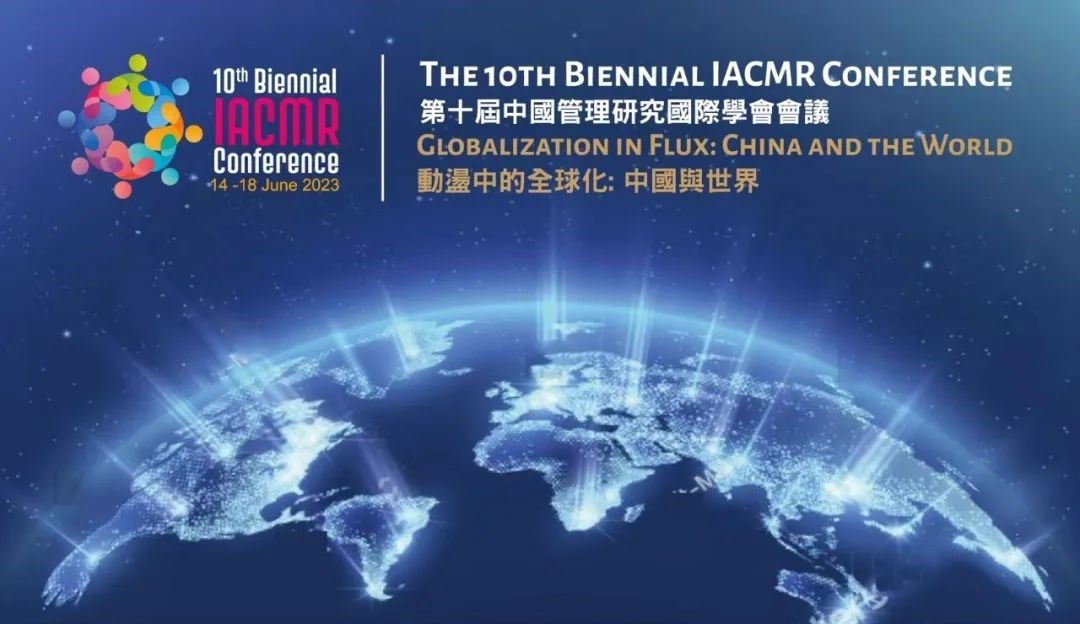
Sunday, June 18, 2023
2pm to 4pm
(Venue: HKBU)
Goal of the Workshop
This PDW is intended to share the use of innovative technology solutions, such as programed problem-solving, metaverse, generative-AI (ChatGPT) and animated case study, to design an engaging and immersive experience while applying management science to solve real world problems. In addition, combined use of MS 365 (SharePoint, Forms, Streams, Teams, List, OneNote and other Add-ins) and Power platform (Power BI, Power App, Power Automate and Power Virtual Agents) can create an easy-to-manage, fully digitalized and automated administration workflows that can optimize productivity of faculties and enhance the learning experience of students. Finally, an open discussion with invited guest speakers and workshop participants will promote exchange of ideas and experiences in using technology solutions to facilitate the new form of hybrid-teaching.
Workshop Itinerary

About the Speakers (sorted in Alphabetical Order)

Dr. Hao Chen
Shenzhen Peacock Distinguished Associate Professor
Business School, Shenzhen Technology University
chenhao@sztu.edu.cn

Dr. Markus Rach
Associate Professor and Head of Academic Marketing Programs
Business School, Shenzhen Technology University
markus.rach@sztu.edu.cn

Dr. Jack Woo, CPA, ACCA
Associate Professor
Business School, Shenzhen Technology University
jackwoo@sztu.edu.cn
Format and Language
This workshop is open to all conference attendees and in- person only. The proposed language for this workshop is English. However, participants may speak Chinese during discussion session if they feel more comfortable doing so.
Abstract for the Workshop
Participative learning and real-time learning feedback using technology platform solutions
Participative learning recognizes the need to actively engage learners in their learning process. Traditional teacher-student relationship and knowledge passing method can no longer meet the demand for a learner-centric approach in the knowledge diffusion, application and creation process. Fortunately, cloud computing, artificial intelligence and low code programing have enabled educators to design and structure the educational activity around the learners’ needs, potentialities, personal and cultural characteristics, and individual learning objectives. In this session, we demonstrate the use of programed problem-solving, automated workflows, and Power platform to engage learners’ interest in theoretical management concepts, involve them in more practical activities and real-life issues, and provide them with real-time feedback on their learning progress.
Teaching, learning & interacting in immersive and generative-AI supported environments
The metaverse has been the buzzword of 2021, since Facebook’s renaming into Meta, which sparked a new level of interest and discussion around the term. Scholars and practitioners alike wondered, while struck by COVID-19 isolation or quarantine measures, whether virtual worlds will substitute the physical classroom. Most importantly, will the benefits of virtual worlds and immersive teaching environments out-balance the costs of their implementation. To answer this question, Dr. Markus Rach will take workshop participants on a highly explorative journey to the depth of the metaverse, while sharing his experience of researching and teaching in the metaverse, as well as creating virtual experiences. Participants of this workshop will be invited to join a brief live-metaverse experience to gain firsthand insights into the opportunities, but likewise the limitations of immersive teaching environments.
Interactive (animated) case with simulation
Generation Z (Gen Z) has become the main body of Business schools. They are tech-savvy, entrepreneurial, with diverse values and are open to try new things. As social media becomes one of their main sources for information, their learning preference and behavior significantly changes compared with previous generations. The majority of Gen Z are familiar with online and virtual education materials, tools and platforms and love to learn and explore in an interactive way. Traditional business teaching cases are usually in a simple word format without instant interactions and could be boring to many Gen Z learners. By digitalizing case materials to create instant interactive experiences, students could be engaged in a way that they are familiar with. We will discuss such a new way of case teaching.
Source: Wechat official account of "中国管理研究【IACMR】"